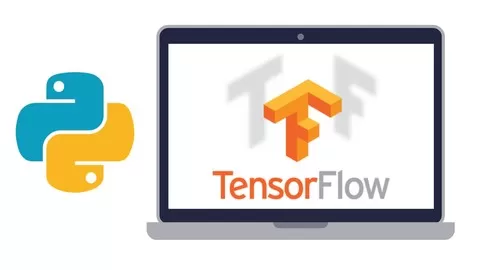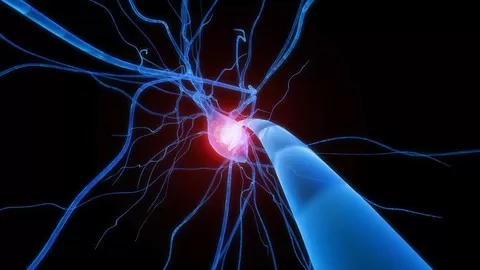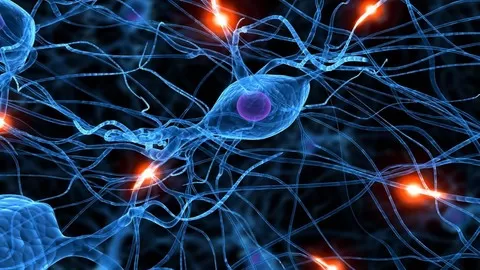Fake news is now viewed as one of the greatest threats to democracy, journalism, and freedom of expression. The reach of fake news was best highlighted during the critical months of the 2016 U.S. presidential election campaign. During that period, the top twenty frequently-discussed fake election stories generated 8.7M shares, reactions, and comments on Facebook, ironically, more than the 7.4M for the top twenty most-discussed election stories posted by 19 major news websites. Research has shown that compared to the truth, fake news on Twitter is typically retweeted by many more users and spreads far more rapidly, especially for political news. Our economies are not immune to the spread of fake news either, with fake news being connected to stock market fluctuations and large trades. For example, fake news claiming that Barack Obama, the 44th President of the United States, was injured in an explosion wiped out $130 billion in stock value in 2017. These events and losses have motivated fake news research and sparked the discussion around fake news, as observed by skyrocketing usage of terms such as “post-truth” – selected as the international word of the year by Oxford Dictionaries in 2016.
The many perspectives on what fake news is, what characteristics and nature fake news or those who disseminate it share, and how fake news can be detected motivate the need for a comprehensive introduction and in-depth analysis, which this course aims to develop. This course is divided into three sections.
In the first section, I will introduce fake new detection, and discuss topics like “what is fake news and related areas”, “how to manually identify fake news”, “why detect fake news” and “efforts by various organisations towards fighting fake news”. In the second section we will focus on various types of fake news detection methods. Specifically I will talk about four different fake news detection methods which are knowledge based fake news detection, style based fake news detection, propagation based fake news detection and credibility based fake news detection. Lastly in the third section I’ll talk about other perspectives and topics related to fake news detection including fake news detection datasets, explainable fake news detection, concerns around fake news detection and research opportunities.
Hope you will enjoy this course and find the ideas useful for your work.






